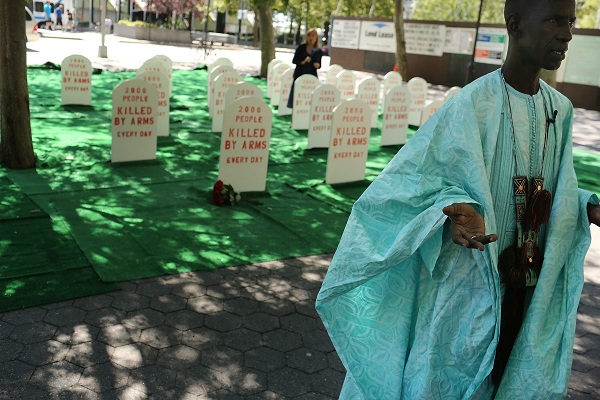When a good friend left for Iraq, I noticed I began to pay even closer attention to the daily news reports coming out of Baghdad. I emailed, but didn’t hear back. Then reports of more suicide bombings, killing dozens. Then the outbreak of extreme levels of violence in Israel/Palestine. And finally, a thought entered my mind: if I had the money, I’d hire a Blackwater guard and fly over there, see for myself, find those I care about and make sure they’re ok. Wait, what did I just say? I’d hire Blackwater?
As soon as I entertained the thought, I delved immediately into reflection on it.
Maybe it is the same political, economic, religious or other fervor that drives states and peoples into conflicts and into dependence on (or addiction to) military and security forces (public or private) that I was experiencing on a micro level –feeling an urgent and desperate need to do something, go somewhere, be someplace. As time passed without information, communication, resolution, the need to protect my own interest consumed everything in its path.
Driven by emotion. Untamed by perspective or rationality. This thought inherently dangerous because of its drunken-stupor-foundation in restlessness and despair. But that’s what law and regulation is there for. When people, states, companies become engulfed in a tidal wave of philosophy, belief, or emotion, we rely on time-tested structures and principles to protect ourselves from ourselves.
This is why Amnesty and other human rights groups have been pushing so hard for stronger regulation of companies that operate in conflict zones – places that are extremely vulnerable to rampant human rights violations, attacks on civilians, killing of innocents. We can’t let the urge to protect our own interests at any cost consume everything else.
Maybe a lot of us are watching horrific violence unfold in the pages of the daily paper or on our TV or computer screens and feel uncomfortably helpless in the comforts of our own security. But there is a lot we can do on our own soil. We don’t all need to hire private security detail and hop a plane to the Middle East. We need to work now – sober, dedicated and strong – to make sure we improve law and enforcement mechanisms that will ultimately protect the human rights in lands near and far.
The U.S.-Iraq Security Agreement now in effect includes a withdrawal timeline for troops to leave Iraq, but not for security companies to leave. Though there has been a lot of talk about Blackwater, and the indictment of some of its personnel, the reality is that there are many U.S. companies operating in sensitive roles overseas without adequate regulation or oversight.
The to-do list of the incoming administration and the next Congressional session is already packed with urgent agendas – improved law relating to companies operating abroad, particularly in conflict and war zones, must not be forgotten.
[Stay updated on ways to take action — www.amnestyusa.org/pmscs]
